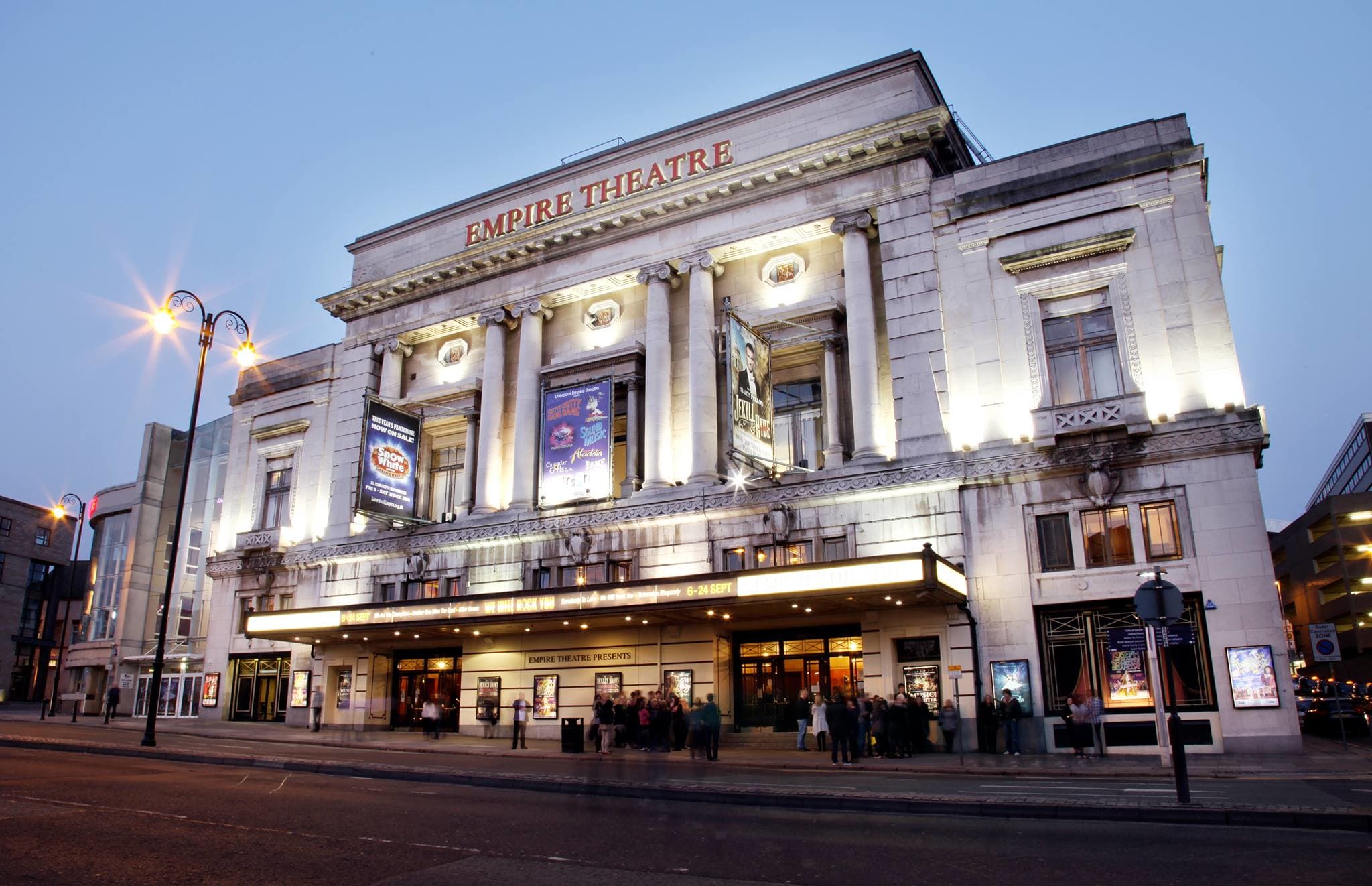Empire Liverpool: This port city’s rise to global prominence is inextricably linked to the British Empire. From its humble beginnings, Liverpool transformed into a major trading hub, its docks teeming with goods from across the globe. This exploration delves into the city’s historical context, examining its role within the vast imperial network and the enduring legacy that shapes its identity today.
Liverpool’s strategic location and ambitious merchants propelled its growth. The city’s infrastructure expanded rapidly to accommodate the burgeoning trade, creating a complex web of economic and social relationships that extended far beyond its borders. The transatlantic slave trade, a dark chapter in this history, cannot be ignored; its impact on the city and the world remains a subject of ongoing discussion and critical analysis.
Obtain direct knowledge about the efficiency of manchester united xbox controller through case studies.
The story of Empire Liverpool is one of both remarkable achievement and profound moral complexity.
Liverpool’s Imperial Rise: A Port City’s Story: Empire Liverpool
Liverpool’s history is inextricably linked to the British Empire. Its rise from a modest port town to a global trading powerhouse mirrors the Empire’s own expansion and influence. This exploration delves into Liverpool’s pivotal role, examining its historical context, its function within the imperial system, and the enduring legacy it carries today.
Historical Context of “Empire Liverpool”
Liverpool’s ascent began in the 17th and 18th centuries, fueled by several key factors. Its geographical location on the Mersey Estuary provided access to the Atlantic, facilitating trade with the Americas and beyond. Strategic alliances and governmental support further propelled its growth.
| Key Events | Dates | People/Groups | Significance |
|---|---|---|---|
| Establishment of the port of Liverpool | 13th Century | Merseyside settlers | Early beginnings of trade and settlement |
| Growth of the transatlantic slave trade | 17th-19th Centuries | Merchants, ship owners, enslaved Africans | Significant economic growth but morally reprehensible. |
| Expansion of the docks and warehouses | 18th-19th Centuries | Dockworkers, engineers, architects | Enhanced capacity to handle increased trade volume. |
| Peak of Liverpool’s imperial trade | Late 18th-Early 20th Centuries | Merchants, ship captains, dockworkers | Liverpool becomes a major hub in the global trade network. |
| Decline of the Empire and Liverpool’s role | 20th Century onwards | Government, industrialists, citizens | Adaptation to a post-imperial world. |
Liverpool’s Role in the British Empire
Liverpool served as a crucial node in the British Empire’s vast trading network. Its docks processed enormous quantities of goods, connecting Britain to its colonies and beyond. The city’s infrastructure played a vital role in facilitating this trade.
Goods traded through Liverpool included cotton from the American South (initially through slave labour), sugar from the Caribbean, tea from India and China, and tobacco from the Americas. These goods fueled the industrial revolution in Britain and enriched the city’s merchants.
The extensive dock system, including the Albert Dock and the numerous warehouses, constituted a highly efficient logistical network. This infrastructure enabled the rapid loading and unloading of ships, contributing to Liverpool’s dominance as a trading hub.
Illustrative Flow of Goods: Imagine a complex web. Ships arrive laden with raw materials (cotton, sugar, etc.) from across the Empire. These are processed in Liverpool’s warehouses, then shipped out as manufactured goods or re-exported to other parts of the world. The constant flow reflects Liverpool’s centrality in global trade.
The Legacy of Empire in Modern Liverpool, Empire liverpool

Liverpool’s cityscape bears the indelible mark of its imperial past. Grand architecture, such as the Royal Liver Building and the Cunard Building, reflects the wealth generated during the imperial era. The city’s cultural landscape also reflects this legacy.
- Architectural Influences: The imposing buildings along the waterfront are testaments to the city’s prosperity during the imperial period.
- Cultural Heritage: Liverpool’s vibrant cultural scene – music, museums, and art – draws heavily on its diverse history, including its imperial connections.
- Ongoing Debates: The city continues to grapple with its complicated relationship with the slave trade and the broader impact of imperialism.
- Shaping Identity: Liverpool’s history, both positive and negative aspects, continues to shape its identity and how it interacts with the world today.
Positive aspects of Liverpool’s imperial legacy include its economic growth and development, its global connections, and its rich cultural heritage. Negative aspects include its complicity in the transatlantic slave trade and the exploitation of resources and people in the colonies.
Liverpool’s imperial past continues to resonate within its architecture, culture, and ongoing societal debates. While the city grapples with the complexities of its legacy, particularly the brutal realities of the slave trade, it remains a testament to the enduring power of global trade and the lasting impact of empire. Understanding Liverpool’s story provides crucial insight into the intricate relationship between a city, its empire, and the enduring consequences of historical choices.

